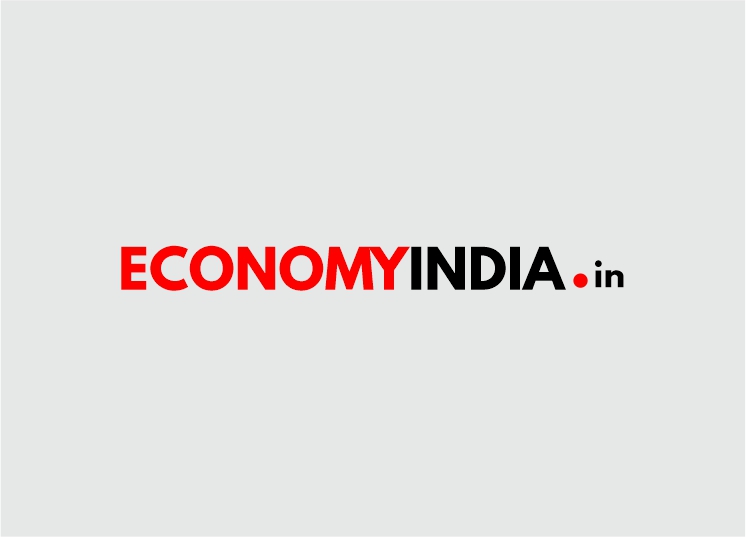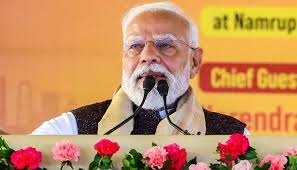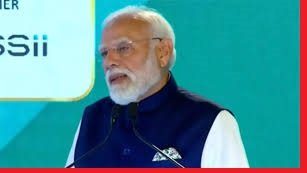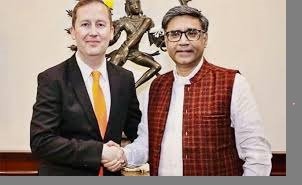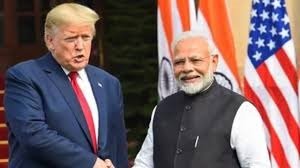According to a report in Economic Times, After a temporary breather following the subsiding of the second wave, the economy appears headed towards risky terrain again as a third wave of the pandemic sweeps across India.
A survey of around 2,000 people, done by ET Online recently, tried to find the reasons why many people, including economists, think this might be too early to celebrate India’s growth turnaround as shown in last quarter’s GDP numbers. In the survey, a third of the participants pointed to the informal sector — the unofficial backbone of the Indian economy — still being badly down.
Around 26 percent respondents thought last quarter’s numbers were largely a function of base effect. The first advance estimates released by the statistics office last week said the Indian economy would expand 9.2% in the current financial year, largely on base effect.
It may be recalled here that there was a 7.3% contraction last year — something that is likely to make the base effect a potent factor this year, the report said
Uneven Recovery
About 25 percent of them said the recovery was still quite uneven, making it too premature to celebrate any turnaround.
Most economists say that the recovery seen in India post the second wave was not broad-based. According to Nomura’s Sonal Varma and Aurodeep Nandi, the uneven nature of India’s economic recovery caused scarring effects on lower-income households. Because there is still no indication of a sustained CAPEX upcycle, the current growth phase is unlikely to be durable, the report said.
Sectors that majorly employ informal workers have borne the most brunt of the virus since its onset. Sectors such as trade, hotels and transportation, etc, account for around 12% of India’s GDP. These businesses, where informal workers comprise 64% of the workforce, remain 9 percentage points below pre-Covid levels and now again face a deeply uncertain future in the wake of the third wave. That is likely to further heighten the recovery’s uneven nature.
Covid Risk
To a majority of people covered by the survey, the latest Covid surge appears to be the biggest risk factor for the economy at the moment. Well over 40 percent of those surveyed saw Covid-related uncertainty as the biggest roadblock for the Indian economy in the near to mid-term.
While the government’s own growth projections for this fiscal have remained upbeat, the onset of the third wave has prompted most private forecasters to cut estimates.
The divergence between what the government says and what economists say aboutOmicron’s likely impact on the economy is quite noticeable. While the govt only sees a small blip to the tune of 10 basis points, several economists have said on record that the third wave could hit March-quarter growth by as much as 30 basis points, the report said.
In an extreme scenario, even a 75-100 bps fall in Q4 GDP could come about if medical infrastructure gets overwhelmed going ahead leading to even more restrictions, an ET report said quoting an economist at an auto conglomerate.
Some impact is already visible. India’s services sector activity fell to a three-month low in December on slower business and sales as restrictions imposed by states to contain Covid hit sentiments everywhere.
According to economists, such restrictions could hurt services activity even further in the coming months. Contact-intensive services such as travel, tourism, hotels and restaurants could end up suffering deeply during the third wave, just when they were only beginning to recover.
Other Shortcomings
Aside from Covid risks, uneven nature of recovery and base effect, what are the other factors that could hinder a comeback?
Over 21 percent respondents said that the government’s failure to walk its reform talk was the biggest hindrance to a turnaround. Another 21 percent put it down to persistent inflation, while around 17 percent pointed to falling purchasing power in Covid’s wake.
More than 41 percent of participants said that the ability on the government’s part to walk its reform talk would matter the most for the economy at this point, the report said.
Around 15 percent want the government to put less stress on winning elections. Around 25% percent say the government should consult properly before bringing new laws. Over 18 percent think doing away with trade barriers will matter the most for the economy at the moment. (Economic Times)

